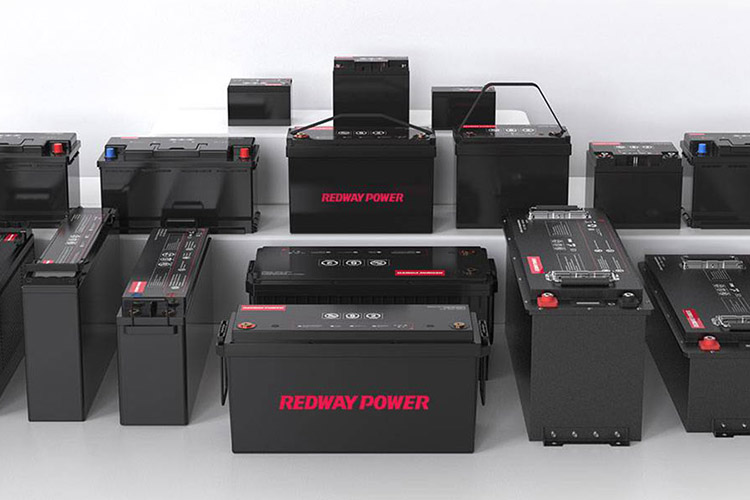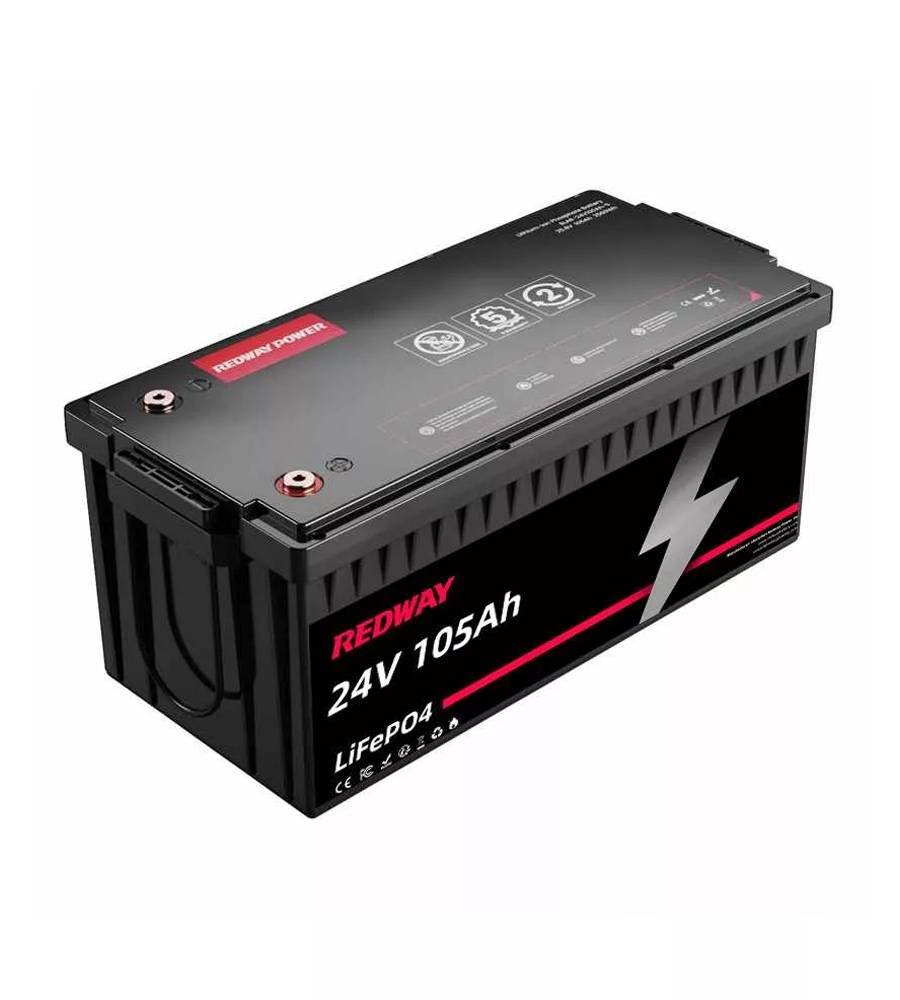What is the lifespan of a 24V lithium battery?
The lifespan of a 24V lithium battery typically ranges from 10 to 15 years. This duration can vary based on usage, charging cycles, and maintenance. Proper management, such as avoiding deep discharges and maintaining optimal temperatures, can significantly enhance the battery's longevity.
How many watts is a 24V 100Ah battery?
A 24V 100Ah battery has a total energy capacity of 2,400 watt-hours (Wh). This is calculated by multiplying the voltage (24V) by the amp-hour rating (100Ah). Therefore, it can theoretically provide 2,400 watts for one hour or power lower wattages for a longer duration.
What size inverter can I run off a 100Ah lithium battery?
You can run an inverter rated up to 2,400 watts with a 100Ah lithium battery at 24V. However, it's advisable to choose an inverter with a power rating lower than this maximum to account for efficiency losses and avoid overloading the battery.
How many solar panels do I need to charge a 48V lithium battery?
To charge a 48V lithium battery, you typically need two to four solar panels, each rated around 300W. This setup will depend on factors like sunlight availability and the specific capacity of the battery bank.
What is the cut-off voltage for a 24V lithium battery?
The cut-off voltage for a 24V lithium battery is generally around 20 volts. Discharging below this voltage can damage the battery and reduce its lifespan. It's crucial to monitor the voltage to maintain optimal performance.
How long does it take to charge a 24V 100Ah lithium battery?
Charging a 24V 100Ah lithium battery typically takes about 4 to 6 hours using a standard charger. The exact time may vary based on the charger’s output current and the battery's state of charge when charging begins.
How many batteries do I need for a 48V inverter?
For a 48V inverter, you will need at least four 12V batteries connected in series. Alternatively, you could use two 24V batteries in series to achieve the required voltage for efficient operation.
Is it better to have more amps or volts from solar panels?
In solar panel systems, having higher volts is generally more beneficial as it reduces current flow and minimizes energy loss over distance. However, both voltage and amperage must be balanced according to system requirements for optimal performance.





